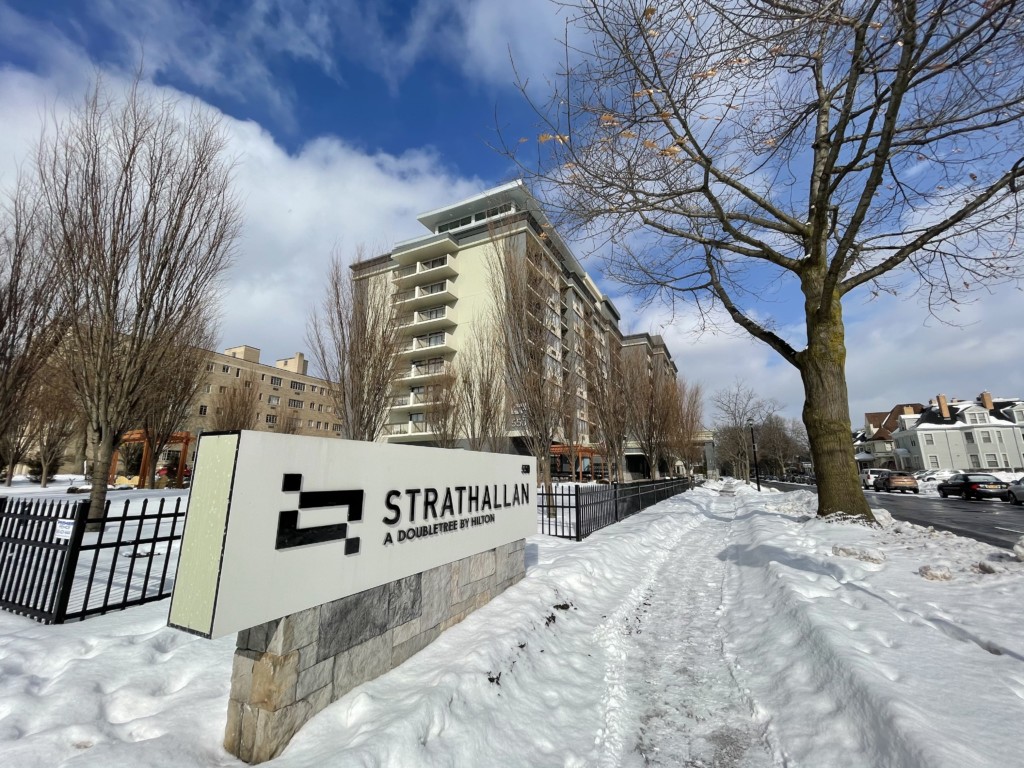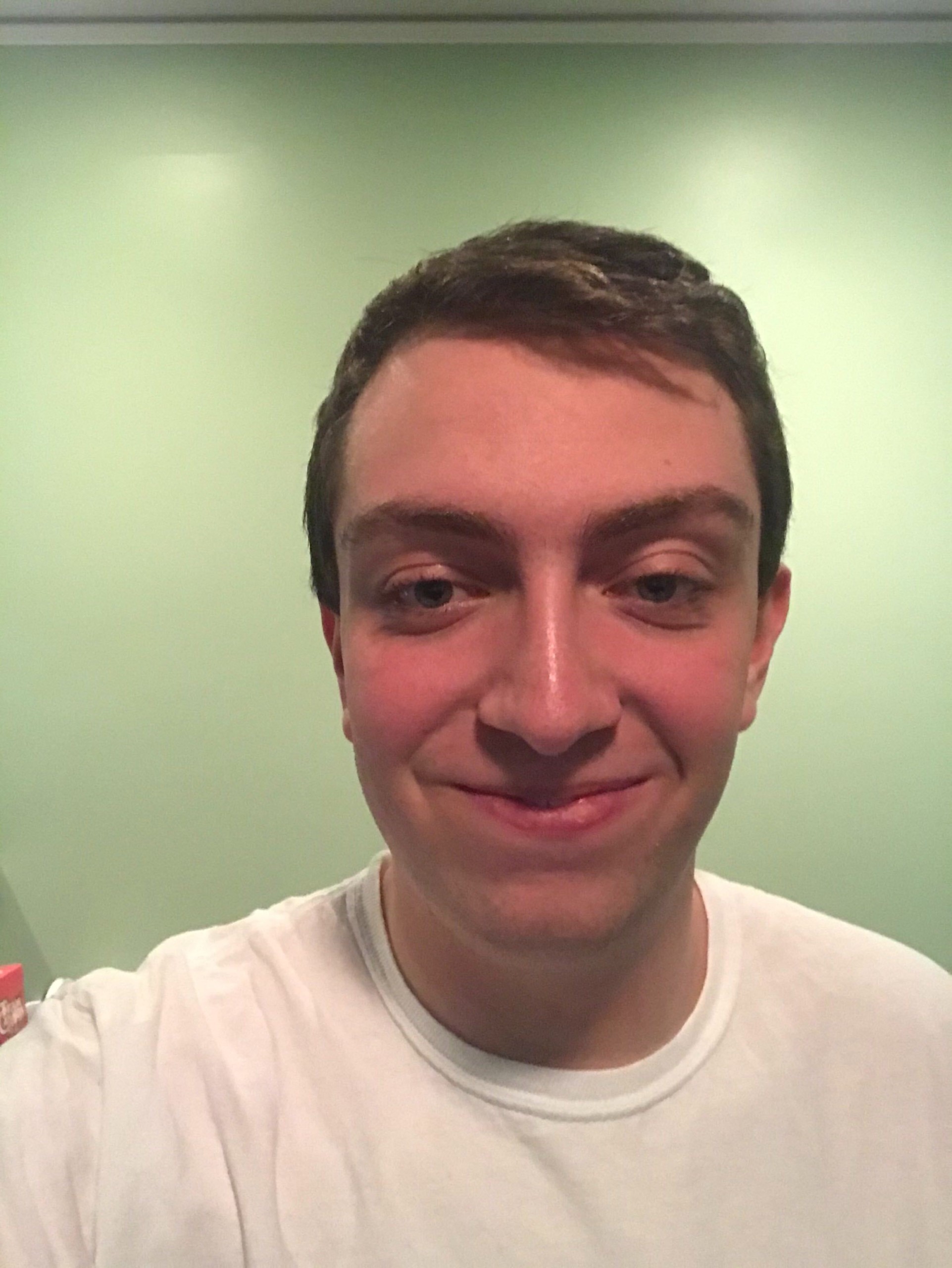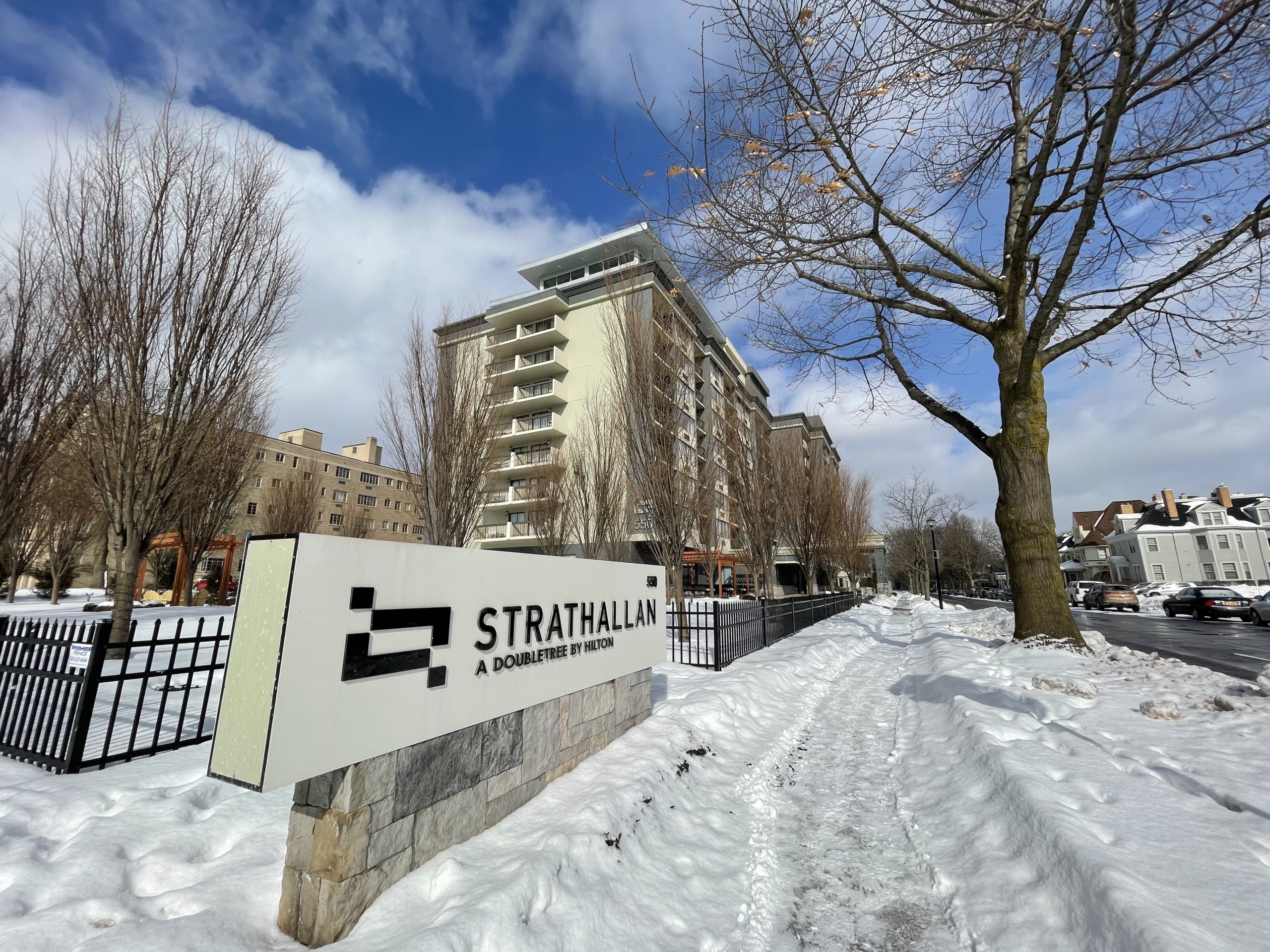This article is part of a series about coronavirus on campus during the Fall 2020 semester.
This year, when administrators talk about Q&I, they aren’t referring to the information desk at Evans Lam Square in Rush Rhees. They mean quarantine and isolation.
Used interchangeably by most, there is a difference between the two: Quarantine is for people who traveled to campus from a high-risk location or those without symptoms who have been exposed to someone who tested positive; isolation is for symptomatic people and confirmed positives. The goal of both is to prevent someone with the virus from spreading it to others.
This past semester began with students traveling from at-risk locations quarantining in August before moving on campus. Many of those students quarantined in Riverview before the actual residents arrived.
Most students who were put in quarantine or isolation this semester did so in Whipple Park or in hotels, especially the Strathallan.
There were a few exceptions, such as some students living off campus who were able to self-isolate or self-quarantine. Additionally, an outbreak at a fraternity caused the entire house to be put on “pause” for several weeks, meaning that even those in the house without symptoms or exposure were not allowed to leave except for essential activities, such as picking up food from dining halls to bring back to their room to eat.
People who report symptoms through Dr. Chatbot go into isolation while awaiting their test results. If they test negative, they are released from isolation, and it is assumed that their symptoms are the result of something other than coronavirus. If they test positive, the isolation period lasts 10 days from symptom onset, usually the day or two before they reported symptoms on Dr. Chatbot. Even if someone in quarantine still has symptoms after 10 days, they are considered no longer contagious by that point as long as their symptoms are improving.
Quarantine for exposure lasts 14 days from the date of last exposure to a confirmed positive. This is cut short if the person tests negative, or officially reconsidered and treated as isolation if they test positive.
The length of quarantine for travel has changed throughout the academic year, from 14 days back in August to 10 days starting at the end of December. The state recently added an exemption that allows travelers to quarantine for only three days, then get tested and leave quarantine if the result is negative.
Emergency Preparedness Manager Dave Bujak helped oversee the logistics of quarantine and isolation. According to Bujak, large amounts of staff are involved in the quarantine process, especially for Whipple Park.
At Whipple Park, Dining Services caters and delivers meals for students, which are dropped off contactlessly three days a week. Students can pay for these meals using meal plans. There are six or seven entree options for each meal, with options for beverages, snacks, and other sides. They can also order meals through delivery apps like UberEats and Grubhub.
The University is also responsible for garbage collection, laundry services, and deep-cleaning rooms in Whipple Park once students complete their quarantine or isolation period.
University van drivers are responsible for bringing students to their new rooms. Campus support networks check in on students from a mental health perspective. And of course, UHS is tasked with checking in with students from a physical health perspective.
At the Strathallan, the University covers the hotel costs for quarantines during the semester. According to Vice Provost and Director of University Health Service Dr. Ralph Manchester, this amounts to $100 per night. That price includes food, which some students told the Campus Times was subpar, with small portion sizes and limited options for those with dietary restrictions. While students could order additional outside food to be delivered to their door, they were charged a $2 fee by the hotel for doing so.
Quarantines for travel, required for most students returning to campus this spring, are not entirely paid by the University. As Riverview is no longer a quarantining option, most students were put in hotels, and billed for three nights at $99 per night. This may be covered by Financial Aid according to need, with the University taking on 30%, 60%, or 95% of the costs. Students are also able to arrange quarantines independent of the University.
Student testimonials about quarantine conditions were mixed. Regardless of the location and amenities, the social isolation is often difficult. But some complained about other issues, including poor WiFi that caused academic difficulties, or unclear information about when their quarantine period ends.
“The conditions in quarantine and isolation space in Whipple Park will never be confused with being a Four Seasons,” Manchester said. “As one of the people on the Emergency Operations Committee described it, ‘it’s a lifeboat, not a cruise ship.’”
The messaging around the conditions of quarantine are a very important aspect of the success of the University’s health measures. If students think that the conditions in quarantine are great, they might be less likely to follow social distancing guidelines. If the perception is that the conditions in quarantine are unlivable, students will — in theory — more closely follow social distancing guidelines.
“We certainly wanted it to be comfortable enough to not be seen as punishment, because the people who were doing it were doing something very important to prevent the spread of the infection throughout the entire campus community,” Manchester said.
Guidelines and regulations from federal, state, and county governments changed throughout the fall semester and likely will continue to change up to and throughout the spring semester. Additionally, the University’s change to rapid testing might affect some aspects of quarantine.
Haven Worley contributed to the reporting for this article.



